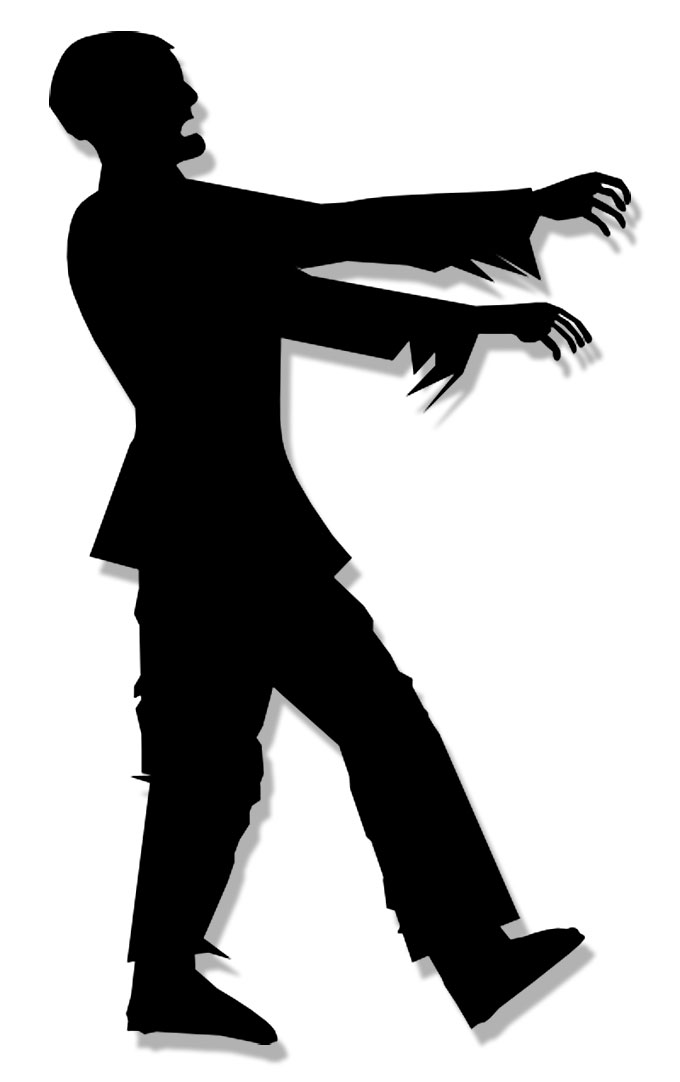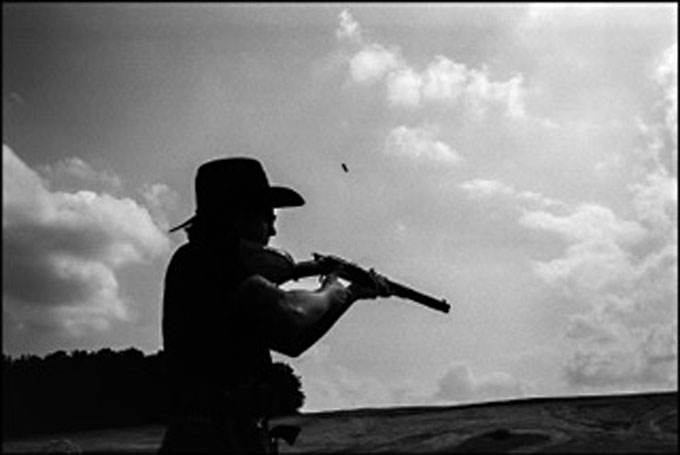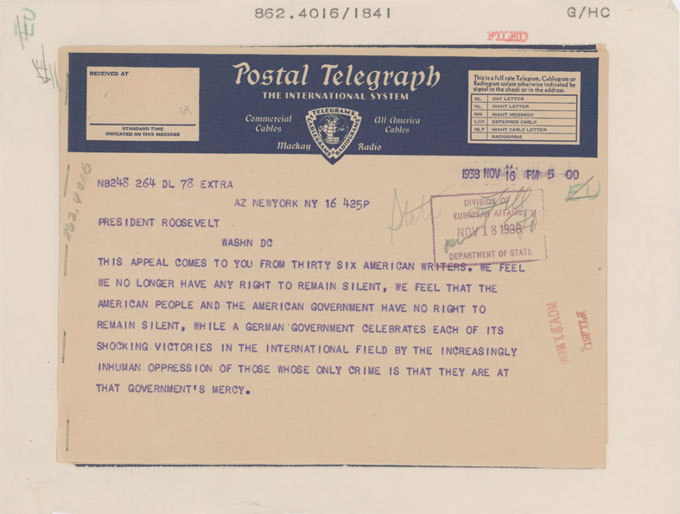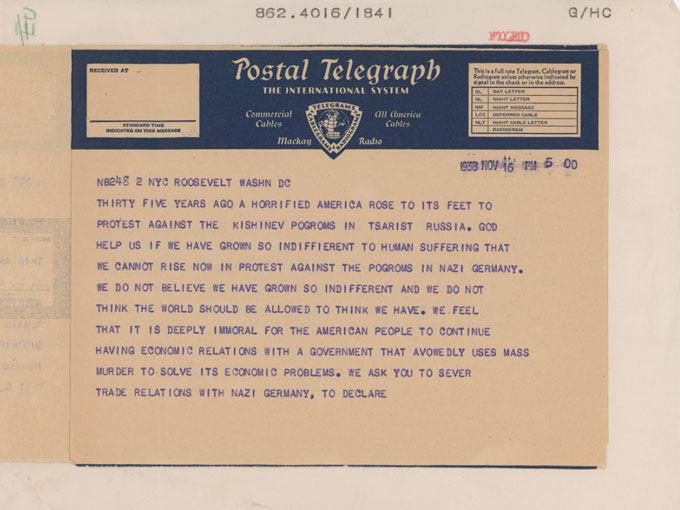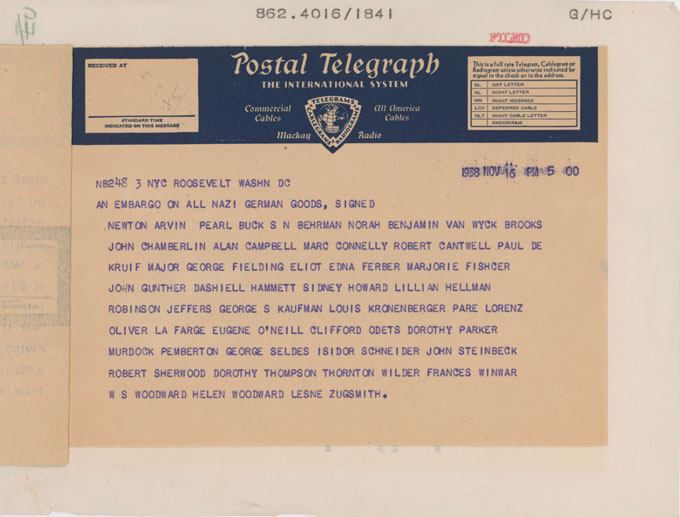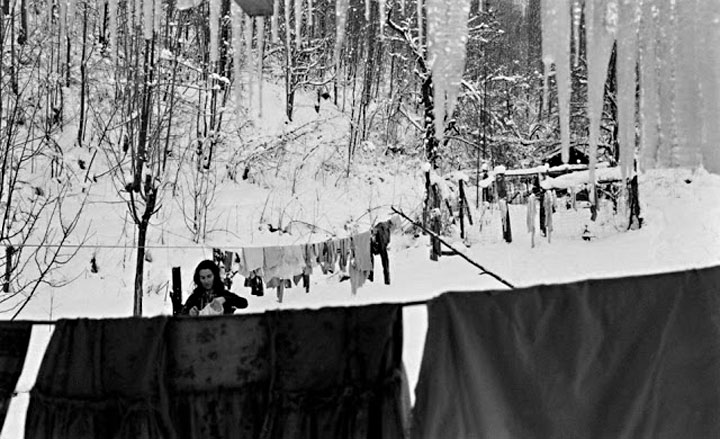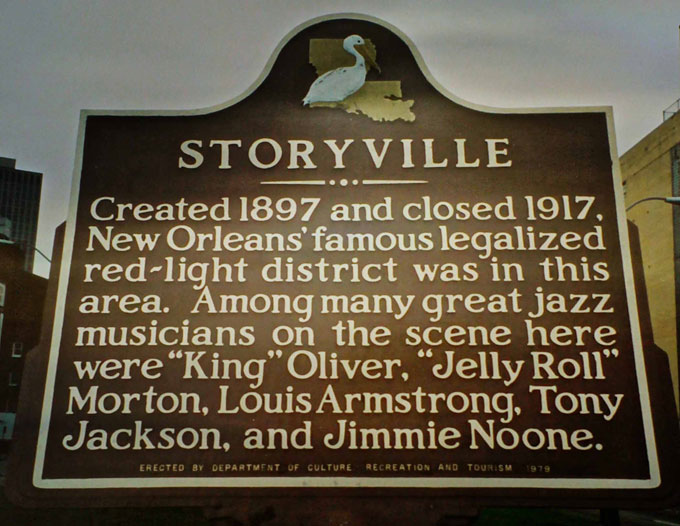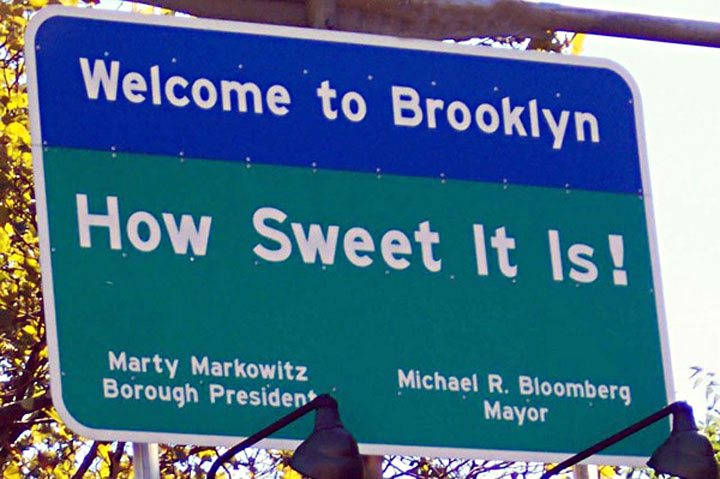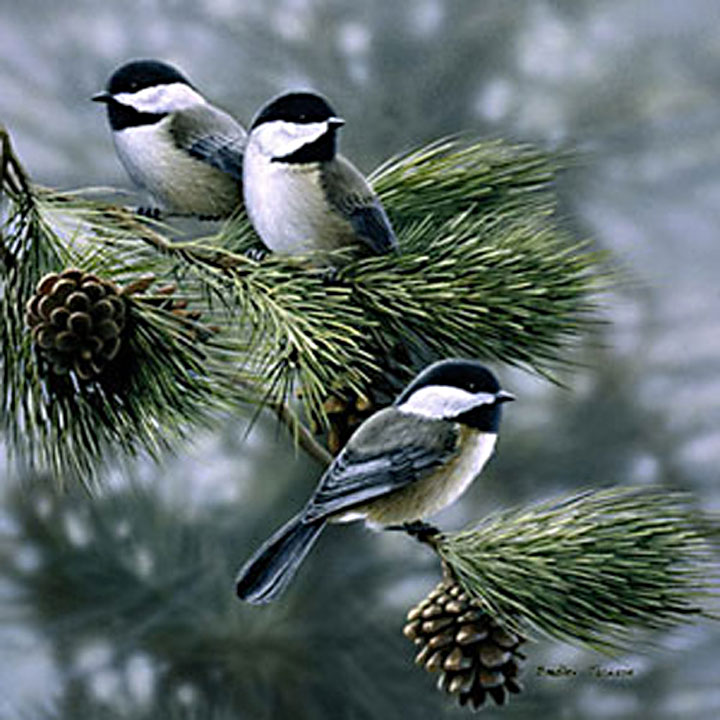After a Great Wind
In the too-early darkness, candlelight flickered
our shadows up the stairs. Beneath open windows
we lay bare, sweating between sheets and dreams.
Transformers exploded in fireballs. The storm
peeled roofs like lids of tinned sardines. We lost
homes beneath old oaks and shallow maples.
We wake to a wounded city. Empty refrigerators.
Eat raw. Board up what we must. Make our way
through a jungle-green maze of limb and canopy.
Together we heave lighter branches to the curbs,
toss in twigs. Tree trunks that crushed our cars
we leave for huge machines to grind the wood,
spit sawdust. Cautiously we move, and watch
for the power lines’ fanged bite. After sundown
we lie uneasy, to sleep, day animals in the night.

